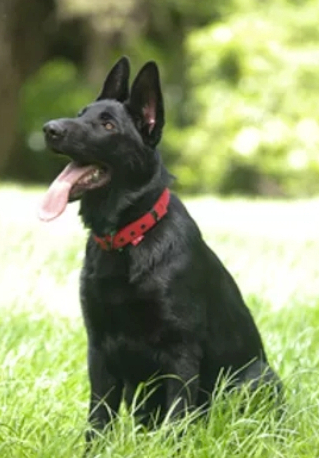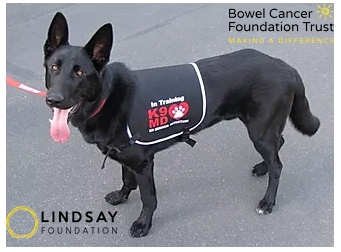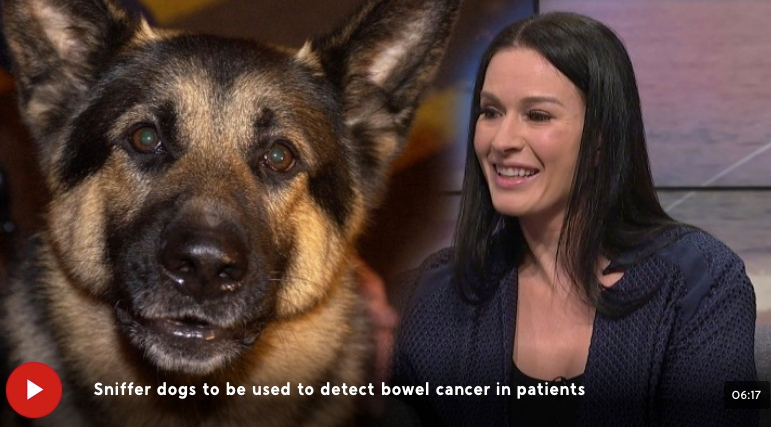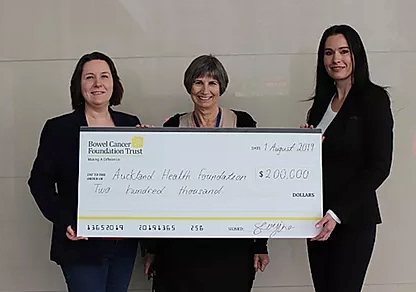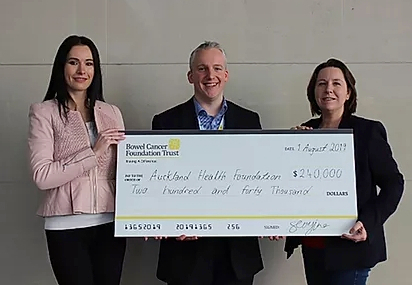We partnered with a number of leading clinicians, institutions and academics across New Zealand to help with research in to improve outcomes to all bowel cancer patients across New Zealand. Some examples of where we focused...
- Earlier screening of patients
- Help develop new and more effective treatments for bowel cancer
- Ensure patients get rehabilitated in the most effective way
Through strategic investment in targeted research, we helped deliver improvements in bowel cancer survival.
Below is a summary of the Bowel Cancer Foundation Trust research programmes.
